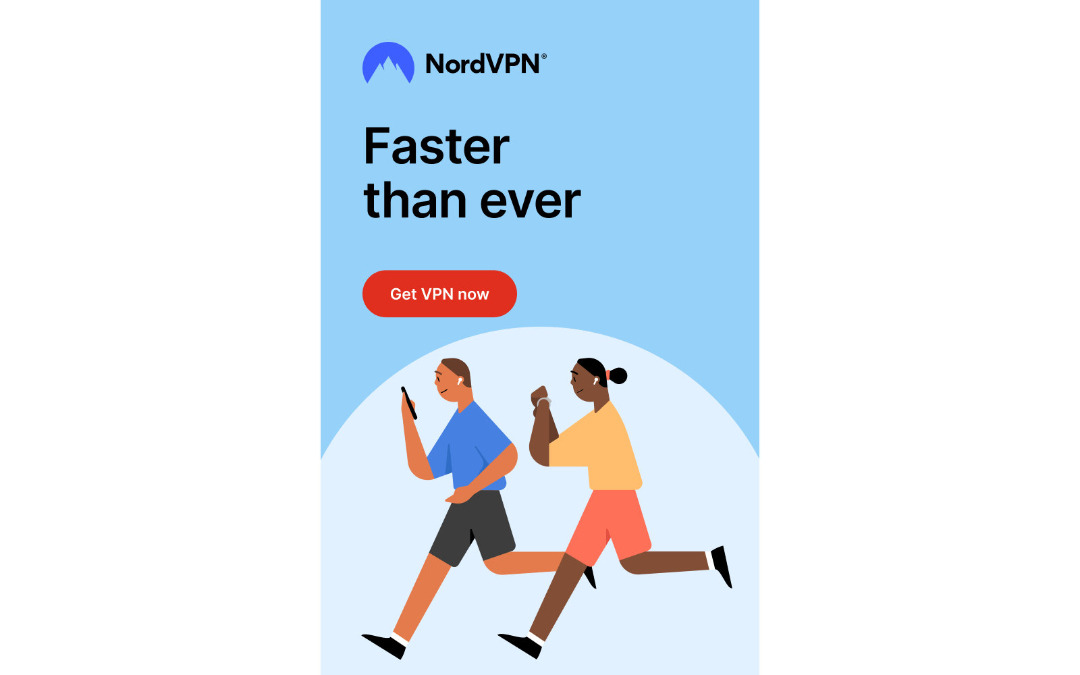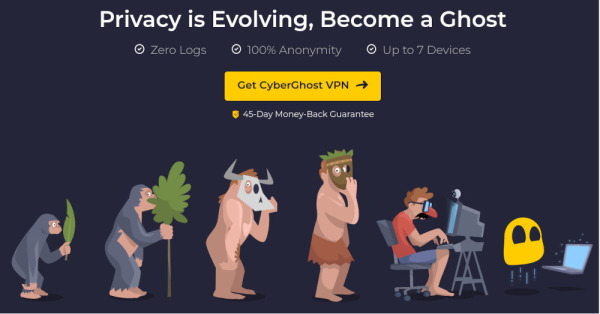Personal Virtual Private Network, NordVPN faster than ever, secure your data and privacy

A personal VPN (Virtual Private Network) works by creating a secure, encrypted connection between your device (like your computer, smartphone, or tablet) and a remote server operated by the VPN service provider. Here's how it typically works:
Encryption: When you connect to a VPN server, your device encrypts all the data you send and receive. This encryption ensures that even if someone intercepts your data, they won't be able to decipher it without the encryption key.
Connection to VPN Server: Your device establishes a connection to a VPN server. This server can be located in a different city, country, or even continent, depending on the provider and the server's availability.
IP Address Masking: Once connected, your real IP address is hidden, and the VPN server assigns you a new IP address. This new IP address can be from a different location than your actual physical location. This process helps to mask your online identity and make it appear as though you are browsing from a different location.
Secure Tunnel: All the data you send and receive while connected to the VPN travels through a secure tunnel created between your device and the VPN server. This tunnel prevents third parties, such as hackers or your Internet Service Provider (ISP), from monitoring your online activities.
Access to Restricted Content: Since your IP address appears to be coming from a different location, you may be able to access geo-restricted content that is typically unavailable in your region. This can include streaming services, websites, or other online content restricted by geographic location.
Privacy and Security: One of the primary purposes of using a personal VPN is to enhance privacy and security while browsing the internet. By encrypting your data and masking your IP address, a VPN helps protect your online activities from being tracked by hackers, advertisers, or government agencies.
Overall, a personal VPN provides a layer of security and privacy while browsing the internet, especially when connected to unsecured or public Wi-Fi networks. However, it's essential to choose a reputable VPN service provider and understand the limitations and potential risks associated with using a VPN.

NordVPN faster than ever - secure your data and privacy
Threat Protection: Stop malware, web trackers, ads, and other common internet threats.
Meshnet: Create your own private encrypted network for safe file sharing, work, or LAN parties.
Dark web monitor: Get instant alerts if we discover that your accounts have been compromised.
Dedicated IP: Maintain your online reputation, skip denylists, and access IP-restricted networks.
Stream while away: Safely watch your favorite shows and sports events from the comfort of your home or while youre away.
Mobile app: With one click, secure your phone with our easy-to-use mobile apps for Android and iOS devices.
Browser support: Browse securely with lightweight proxy extensions for Chrome, Edge, and Firefox.
Easy to use: Designed with you in mind, NordVPN is easy to use on every device. One click – and you can browse with confidence.
Date published: 27 Apr. 2024
VPN Service for Privacy & Anonymity, CyberGhost VPN Best VPN Service for Privacy & Anonymity

Privacy and anonymity are crucial aspects of internet surfing. They empower individuals to maintain control over their personal information, protect their identities, and safeguard their online activities from unwanted scrutiny or... read more
Create Extraordinary Videos, PowerDirector 365, Edit Like a Pro With AI

Video editing software with AI capabilities is important in today's digital landscape for several reasons: Efficiency: AI-powered tools can automate repetitive tasks, such as video stabilization, color correction, and even basic editing... read more
More powerful drawing, CLIP STUDIO PAINT, Draw as you like, in the style you like

Choosing the right drawing software for your pen graphic tablet depends on several factors, including your artistic preferences, workflow, budget, and compatibility with your tablet. Here's a guide to help you make an informed decision:... read more

 I found this service on nordvpn.com
I found this service on nordvpn.com